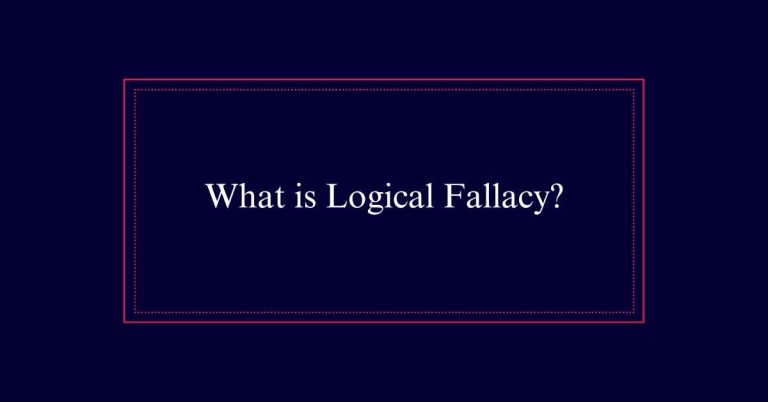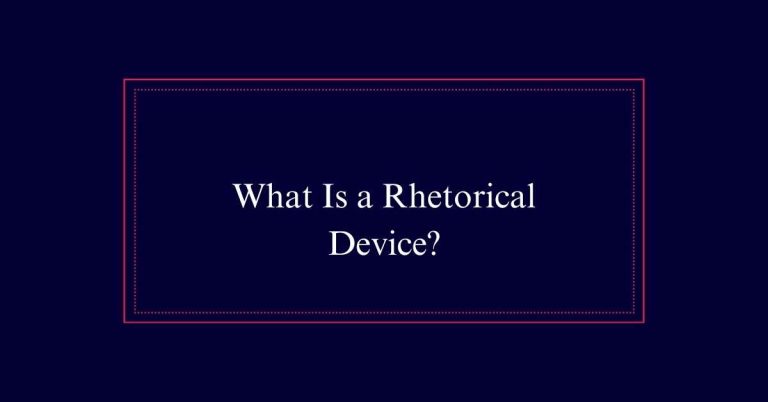What Does “De Facto” Mean?
‘De facto’ is a Latin term meaning ‘in reality.’ It describes situations that exist in practice but are not legally recognized. For example, someone may act as a leader without an official title, or a couple may live together like a married couple but without legal status.
This term contrasts with ‘de jure,’ which refers to situations that are legally established. ‘De facto’ has been used for centuries to differentiate between what is actual and what is formally sanctioned.
Definition of De Facto
The term ‘de facto’ originates from a Latin phrase meaning ‘in reality.’ It is used to describe situations that exist in fact, even if not legally recognized.
This contrasts with ‘de jure,’ which refers to what the law says should happen. In legal contexts, ‘de facto’ identifies roles or conditions that function without formal approval.
For example, de facto parents are those who take on parenting duties without legal recognition. The term can also apply to languages or officials acting without explicit authority.
Origin of the Term
Originating from Latin, ‘de facto’ translates to ‘in reality.’ This term has been borrowed directly from Latin, reflecting its rich linguistic heritage and precision. Its application spans various contexts, underscoring actual conditions rather than formal or legal statuses, which Latin phrases often do thanks to their clarity and timelessness.
Key points about the origin of ‘de facto’:
- Latin Roots: Directly means ‘in reality’ or ‘in fact.’
- Historical Usage: Used for centuries in English and other languages.
- Legal and Social Relevance: Highlights real-world situations.
- Contrast with ‘De Jure’: Often used to show the difference between practice and law.
- Timeless Precision: Latin terms offer concise, clear meanings.
De Facto Vs. De Jure
Contrasting ‘de facto’ with ‘de jure’ reveals the difference between reality and legal definitions. ‘De facto’ means something that exists in reality, even if not legally recognized. For example, a de facto leader holds power without formal legal status.
On the other hand, ‘de jure’ refers to what is legally established. A de jure leader is officially recognized by law.
Writing De Facto Correctly
Understanding the practical implications of de facto versus de jure leads us to contemplate how to correctly write ‘de facto’. Writing it correctly guarantees clarity and professionalism.
- No Hyphen: It should be written as ‘de facto’, without a hyphen.
- No Italics: Italics are unnecessary unless for emphasis.
- Dictionary Check: Refer to a dictionary for guidance.
- Consistent Use: Use it consistently throughout your text.
- Clear Meaning: Guarantee it is clear that ‘de facto’ means ‘in reality’.
Historical Usage
The term ‘de facto’ has been used for centuries to describe situations that exist in reality, regardless of legal recognition. It originates from Latin, meaning ‘in fact’ or ‘in reality’. Over time, ‘de facto’ has been applied in various contexts to denote actual conditions versus official or legal statuses. Its usage spans from describing leaders who hold power without legal endorsement to languages that are widely spoken without official status. Below is a table illustrating historical examples:
| Context | Example |
|---|---|
| Governance | A ruler who takes power without a formal election |
| Language | English as the de facto language in many international institutions |
| Social Systems | De facto segregation in schools and neighborhoods |
| Parental Roles | Individuals acting as parents without legal adoption |
| Economic Power | Companies that dominate markets without official monopolies |
Legal Contexts
In legal contexts, ‘de facto’ describes situations where actions or roles exist in reality without formal legal sanction. This term is vital in understanding various legal scenarios that exist outside official recognition. For instance, de facto relationships can have significant legal implications despite lacking formal acknowledgment.

- De Facto Government: A regime operating without legal legitimacy.
- De Facto Authority: An individual wielding power or control without official title.
- De Facto Segregation: Racial separation occurring through practice, not law.
- De Facto Corporation: A business entity functioning without proper legal formation.
- De Facto Custodian: A person caring for a child without formal custody rights.
De Facto Parents
Many individuals act as de facto parents, taking on parental roles without formal legal recognition. These individuals often provide care, guidance, and support to children as if they were their own. Courts in some jurisdictions have begun recognizing the rights of de facto parents, acknowledging their importance in a child’s life. To qualify, certain criteria must be met, such as the consent of the child’s legal parents and the formation of a strong bond with the child. The following table outlines key attributes of de facto parents:
| Criteria | Description |
|---|---|
| Consent | From biological or adoptive parent |
| Residency | Living together with the child |
| Care Responsibilities | Taking on daily care duties |
| Emotional Bond | Forming a significant, lasting relationship |
| Legal Recognition | Courts may grant rights similar to legal parents |
Social Contexts
How do de facto situations manifest in social structures and norms?
De facto situations often result from societal dynamics rather than legal frameworks. They reflect how people and institutions operate in reality. These situations can shape social hierarchies, access to resources, and everyday interactions.
- De facto segregation: Occurs in schools or neighborhoods due to socio-economic conditions, not law.
- Informal leaders: Individuals who lead groups or communities without formal titles.
- Common practices: Norms or customs widely followed without legal mandate.
- Social roles: Assumed by people based on tradition or necessity, not official designation.
- Resource distribution: Influenced by de facto access rather than legal entitlement.
International Relations
De facto dynamics play a significant role in shaping international relations, often reflecting the true balance of power and influence.
For example, the UK’s withdrawal from the EU spurred discussions about the status of English as the de facto official language in Europe. While English may no longer hold an official designation, its widespread use in political and business contexts guarantees its continued relevance. This showcases how practical realities can outweigh formal agreements.
Similarly, countries often exert de facto control over regions despite lacking legal recognition. These situations highlight the importance of actual influence over formal titles in global politics.
Everyday Language Use
In everyday language, ‘de facto’ is commonly used to describe situations that exist in reality despite lacking formal recognition. It emphasizes practical effects over legal definitions, making it a versatile term in various contexts.
Here are some examples to illustrate its everyday usage:
- Leadership: A person who leads a group without an official title.
- Relationships: Couples living together as if married, but without legal status.
- Workplaces: An employee acting as a manager without a formal promotion.
- Languages: English often serves as the de facto international business language.
- Social Norms: Unofficial rules that govern behavior within a community.






